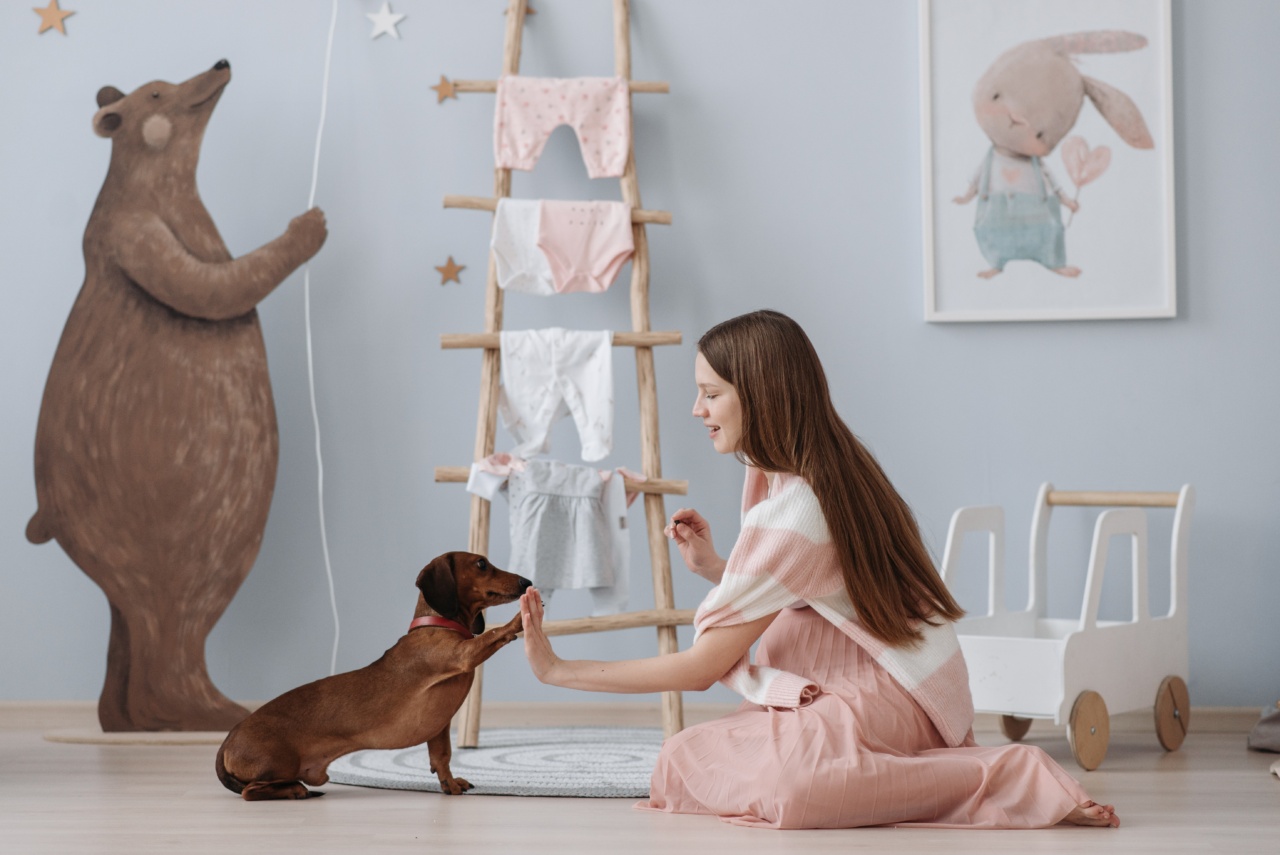Incontinence is a health condition that can affect people of all ages. It is the involuntary leakage of urine or feces, and it can be caused by a variety of factors such as age, gender, muscular weakness, and certain medical conditions.
Incontinence can be quite embarrassing, but the good news is that there are many treatment options available to help you manage this condition. Here are some tips and tricks for controlling incontinence:.
Tip #1: Kegel Exercises
Kegel exercises are a type of pelvic floor exercise that involve contracting and relaxing the muscles that control urine flow. These exercises can help strengthen the muscles in your pelvic floor and improve your bladder control.
To do Kegel exercises, simply contract your pelvic muscles as if you were trying to stop the flow of urine, hold for a few seconds, and then release. Repeat this 10-20 times in a row, several times a day.
Tip #2: Dietary Changes
What you eat and drink can have a big impact on your bladder control. Certain foods and drinks can irritate the bladder and make incontinence worse.
To improve your bladder control, try eliminating or reducing your intake of caffeine, alcohol, acidic foods (such as citrus fruits and tomatoes), artificial sweeteners, and spicy or highly seasoned foods. Drinking plenty of water and eating a diet high in fiber can also help.
Tip #3: Bladder Training
Bladder training involves gradually increasing the amount of time between urinations. This can help improve your bladder control and reduce your need to urinate frequently.
To start bladder training, keep a record of your bathroom trips for a few days to get an idea of how often you go. Then, try to hold off going to the bathroom for a few more minutes each time. Gradually increase the time between bathroom trips until you are able to go 3-4 hours without needing to urinate.
Tip #4: Absorbent Products
Absorbent products, such as pads and adult diapers, can help manage incontinence and prevent embarrassing accidents.
There are many different types and styles of absorbent products available, so it may take some trial and error to find the one that works best for you. Look for products that are comfortable, discreet, and provide the level of protection you need.
Tip #5: Medication
For some people, incontinence may be caused by an underlying medical condition that requires medication to manage. Talk to your doctor about whether medication may be a good option for you.
There are several types of medication available that can help improve bladder control and reduce leakage.
Tip #6: Biofeedback
Biofeedback is a technique that uses electronic sensors to help you learn how to control your pelvic muscles. A trained therapist can work with you to teach you how to contract and relax your pelvic floor muscles at the right time to prevent leakage.
Biofeedback can also help you become more aware of your body and improve your bladder control.
Tip #7: Practice Good Hygiene
Good hygiene can help prevent skin irritation and infection caused by urine or fecal leakage. Be sure to clean yourself thoroughly after every episode of incontinence, and use products such as barrier creams or ointments to protect your skin.
If you use absorbent products, be sure to change them frequently to prevent odor and irritation.
Tip #8: Stay Positive
Dealing with incontinence can be frustrating and embarrassing, but it’s important to stay positive and keep a good attitude. Remember that you are not alone – millions of people deal with incontinence every day.
Don’t be afraid to talk to your doctor or a therapist about your feelings, and seek support from friends and family who care about you.
Tip #9: Use Relaxation Techniques
Stress and anxiety can make incontinence worse by causing muscle tension and increasing pressure on the bladder. Using relaxation techniques such as deep breathing, meditation, or yoga can help reduce stress and improve bladder control.
Try incorporating these techniques into your daily routine to help manage your incontinence.
Tip #10: Seek Professional Help
If your incontinence is severe or interfering with your daily life, don’t be afraid to seek professional help. Your doctor or a specialist in urology can help you develop a personalized treatment plan that addresses your specific needs.
They may recommend additional treatments such as surgery or injections, depending on the underlying cause of your incontinence.































